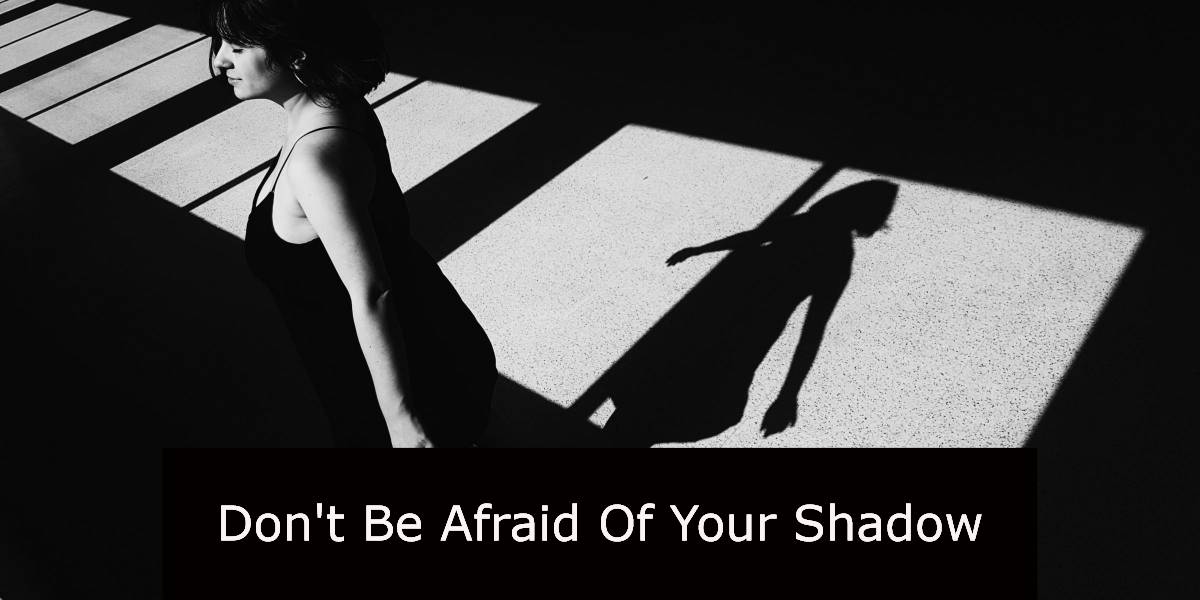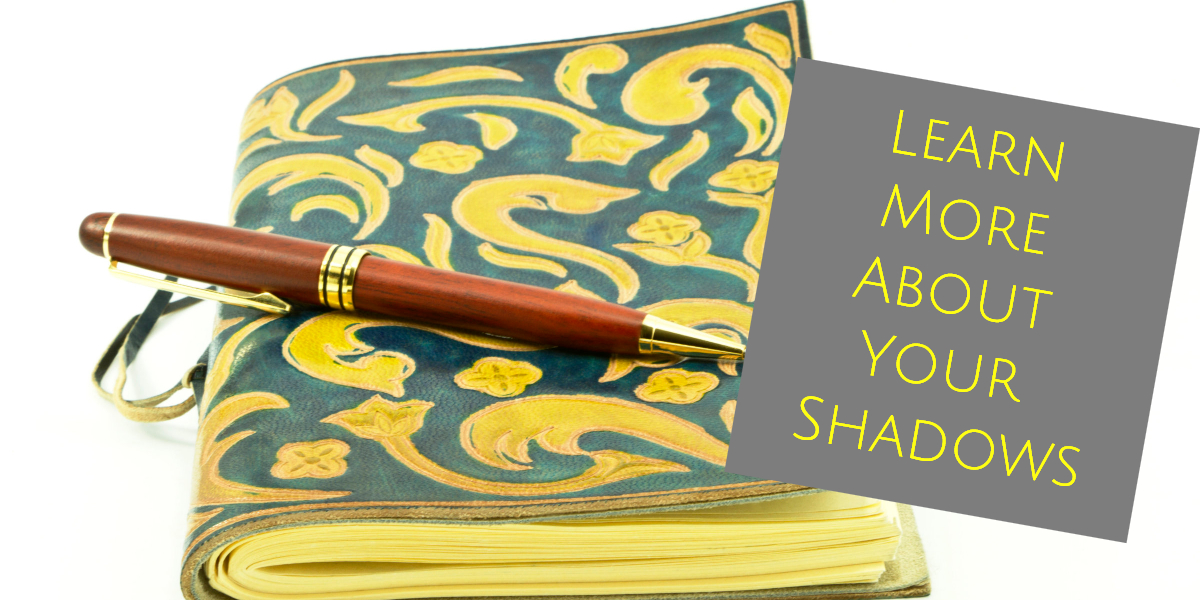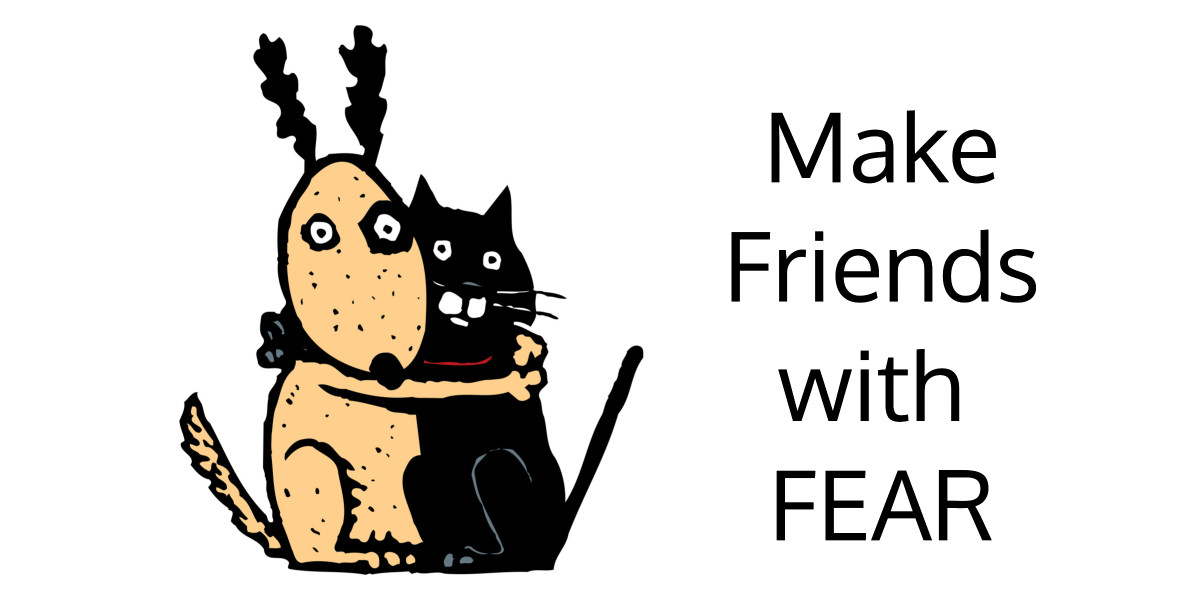 If you ever feel frustrated with your own procrastination, I know the feeling. Procrastination can be very seductive, and it might feel impossible to resist. Whether it shows up as busy work, succumbing to addictive distractions, or doing nothing at all, it can be a mighty fearsome beast.
If you ever feel frustrated with your own procrastination, I know the feeling. Procrastination can be very seductive, and it might feel impossible to resist. Whether it shows up as busy work, succumbing to addictive distractions, or doing nothing at all, it can be a mighty fearsome beast.
As if the results of procrastination weren’t punishing enough, we top it off by beating ourselves up. We say things like: I’m so lazy. I never get anything done. I’ll never get ahead… so why bother? It won’t work anyway. I’m such a screw-up. All of this feels pretty crappy, to say the least.
So what to do when the to-do list feels too hard to accomplish? Or when you don’t have a clue of what to do. Maybe you know what you ‘should’ do, but it’s the last thing you want to do. Perhaps you feel like there’s far too much to do, so why even try.
There are many reasons we use to justify procrastination. Some might be completely justified. Yet, ongoing procrastination will hold us hostage until we do something about it.
What I’ve found, is that procrastination is seldom solely about the willpower to accomplish more. Sure, some of our habits might look like a lazy lack of willpower. Yet, typically, somewhere underneath it all, there’s fear. Fear that might be hiding, or perhaps camouflaged, but strong enough to keep us stuck in procrastination.
The most common of these fears include: Making a mistake. Being rejected. Shining too brightly. Being incompetent. Not being enough. Being too much. And so on.
What I suggest, when you feel stuck in procrastination, is to proceed with compassionate for yourself. Beating yourself up will only serve to make you feel worse. This, of course, can lead to even more procrastination. Or, a flurry of over-activity, followed with a backlash of procrastination. (I’ve done it all…)
What if procrastination is actually a call to look more deeply within.
What if it’s a call to ask ourselves, what’s triggering me? What am I afraid of? What do I believe about myself? What do I believe about the tasks at hand? Asking questions is what helps us clarify our blocks and limiting perceptions.
So, once we find our blocks and limiting beliefs — what’s next?
I highly recommend using EFT Tapping as a tool overcome the emotions and beliefs which underlie procrastination. Meditation, matrix reimprinting, somatic work, journaling, and/or reaching out to a healing professional are very helpful as well. Combine your preferred tools and resources to begin resolving the inner conflict which keeps you stuck. I truly believe that until we resolve the issues plaguing us from within, we can only go so far in life.
What I suggest, is to proceed one step at a time. Sometimes the to-do list might look unwieldy. Impossible, perhaps. Yet, starting with one small action will help build momentum. Start with one doable task from your list. Add to that an underlying fear, and use tapping, meditation, or your preferred method, to help it release.
It’s important to take action towards both the tasks that need doing and the limiting beliefs and feelings. Doing one will help build momentum with the other. For example, accomplishing a task will help you feel better about yourself, and diminish fear. Releasing fear and limiting beliefs will enable you get more done.
Start where you are. Start with something. Start with one action, one fear. Build momentum, and go from there.
Here’s to your success!
Peace,
Marian



